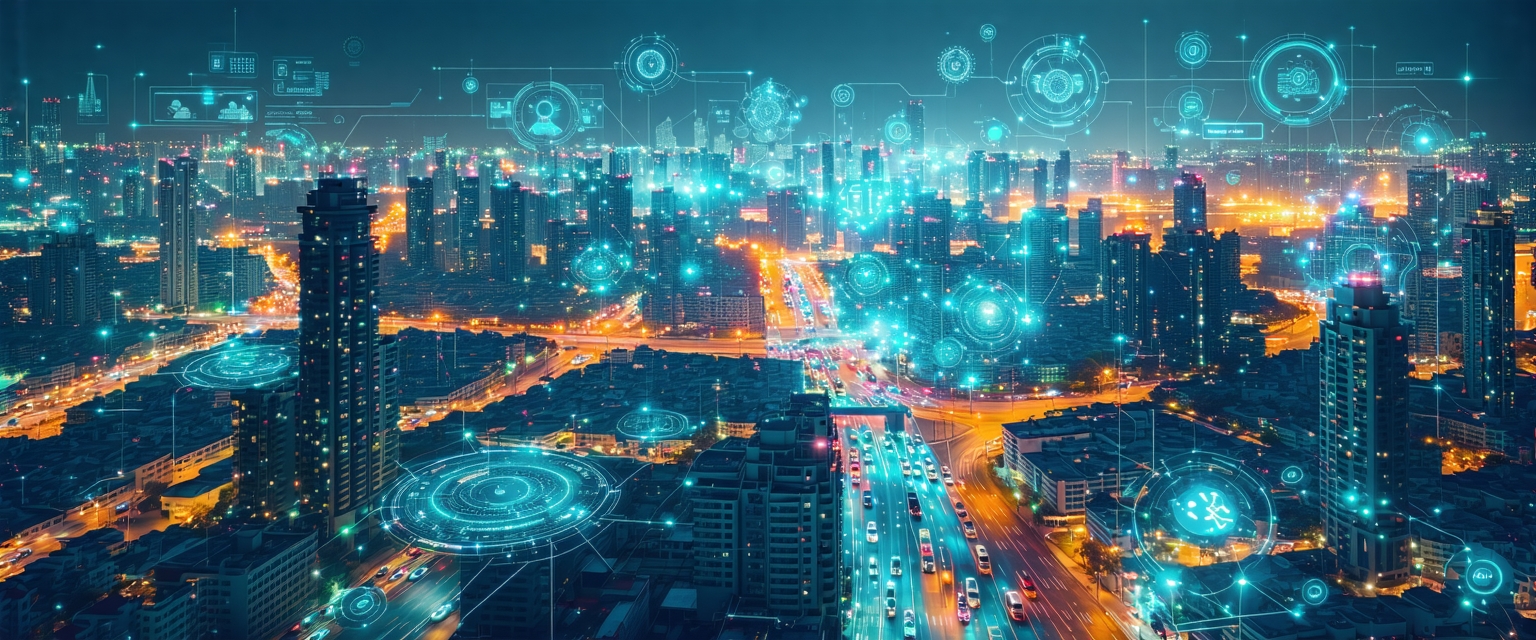






Smart city initiatives are rapidly evolving, integrating advanced technologies to improve urban living. Recent developments show a significant acceleration in the adoption and effectiveness of these technologies.
The concept of smart cities has been around for some time, focusing on using data and technology to optimize city services, infrastructure, and resource management. Early implementations often struggled with data integration and a lack of interoperability between different systems.
However, recent advancements in areas like AI, IoT, and 5G are transforming the landscape, enabling more sophisticated and interconnected solutions.
Several key advancements are driving this evolution. The proliferation of low-cost, high-bandwidth sensors enables granular data collection on everything from traffic flow to air quality. This data fuels AI-powered predictive models, allowing cities to anticipate and address problems before they escalate.
Furthermore, blockchain technology is gaining traction for secure and transparent data sharing between city departments and citizens. This improves accountability and allows for more efficient service delivery.
Cities are also increasingly adopting digital twins – virtual representations of physical environments – for improved urban planning and simulation of potential interventions.
These improvements translate to tangible benefits for citizens. Enhanced traffic management reduces congestion and commute times. Improved waste management reduces environmental impact. Better resource allocation ensures efficient delivery of essential services like water and electricity.
Moreover, smarter cities are becoming more resilient to climate change and other external shocks. Data-driven insights enable proactive measures to mitigate risks and enhance emergency response capabilities.
The future of smart cities hinges on addressing ethical considerations surrounding data privacy and security. Ensuring equitable access to technology and its benefits for all citizens is also crucial. Open standards and interoperable systems are essential for continued progress.
Furthermore, fostering collaboration between cities, technology providers, and citizens themselves will be key to unlocking the full potential of smart city initiatives.